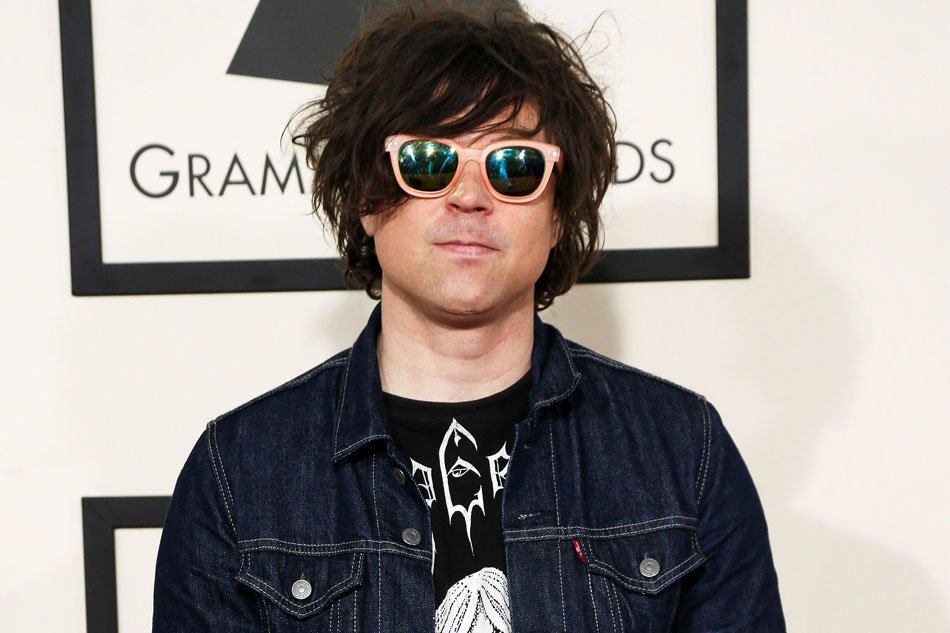Last Wednesday, the New York Times published Joe Coscarelli and Melena Ryzik’s report on accusations against Ryan Adams. According to interviews with various individuals who associated with Adams, the indie-rock darling has exhibited a lengthy history of emotional and physical abuse. He’s allegedly spent years helping young women like Courtney Jaye and Phoebe Bridgers advance their music careers while demanding sexual favors in return. Ex-wife Mandy Moore weighed in as well, discussing details of their hellish six-year marriage.
Unsurprisingly, Adams denies any and all wrongdoing, apart from not being a “perfect man.” But that hasn’t made the fallout any less swift or merciless. Shortly after the Times piece ran, the FBI launched an investigation into Adams’ illicit relationship with a then-14-year-old fan. Benson amplifiers and JHS Pedals terminated their sponsorship deals with him. And his label, Pax-Am, canceled the release of his record Big Colors–one of three planned Adams releases this year.
Adams is one of the highest-profile musicians thus far to stand accused of sexual misconduct. It’s the latest development in what appears to be the start of the music world’s reckoning with the #MeToo movement.
And a long-overdue reckoning, at that. The more notable cases in the movement’s brief history have largely focused on Hollywood-based figures (i.e., Harvey Weinstein, Kevin Spacey, Louis C.K.).
But music only recently received a similarly rude awakening. It took until just this year for even R. Kelly to be held responsible for his actions, despite his laundry list of accusations and arrests. His history of relationships with minors had been an open secret for over a decade before Lifetime’s Surviving R. Kelly docuseries aired.
So Why Did It Take So Long?
This isn’t a failure of #MeToo itself, of course. Its proponents continue to do all in their power to shed light on and raise awareness of predatory behavior in all its forms. The problem, then, is one of sexism—of believing men’s words of denial over women’s harrowing, soul-baring testimony.
Rapper Daniel “6ix9ine” Hernandez pled guilty to a count of child sexual abuse back in 2015. Last summer, he was arrested for publicly assaulting a minor. His extensive list of criminal charges, despite being a matter of public record, has hardly halted his career. As Hernandez sat in prison last November, his debut album DUMMY BOY shot up to a No. 2 spot on the Billboard 200.
Within the last two years, plenty of other high-profile male music figures—including Nelly, Seal, and Duran Duran’s Simon LeBon—have also faced rape and assault allegations. All seem to have walked away without a scratch. And that’s without even getting into the disturbing relationship with child abuse and statutory rape that dates back to the foundations of rock ‘n roll.
The truth of the matter is that society still hasn’t quite figured out how to handle serious allegations like these. We’re still struggling to decide how to respond to each individual case and what consequences might suit each offense. And tragically, we’re only beginning to realize the extent to which society has failed to protect and uphold women—and we’ve barely begun to make amends for it.
What Do We Do Now?
What we do know, however, is this: We need to believe victims’ stories. We need to listen, sympathize, and support. Both public and private spaces need to be made safer for everyone. And, most importantly, we have to stop placing art before safety.
Ideally, a collaboration between artists should be a positive experience–an enthusiastic meeting of the minds that promotes a sense of creative fellowship. When one artist violates the trust of another, that artist forfeits their right to participate in the creative sphere. No work of art could ever be worth jeopardizing another person’s safety and well-being.
There’s no denying Adams’ substantial influence on music. His songs and style have served as a pivotal entry point in many music lovers’ personal educations (myself included). But I’m certainly never going to listen to any of his records again. If Adams wants any of his legacy preserved, he would do well to stop denying the overwhelming mountain of evidence against him.
Perhaps he could take a cue from Pinegrove’s Evan Stephens Hall and donate a substantial portion of his album sales to groups like RAINN or NSVRC. Instead of cowering away out of the public eye as so many powerful predators have done, the least Adams could do is allow something good to come out of such an ugly situation. Then again, that’s ultimately up to him—and at this point, it seems pretty unlikely.


